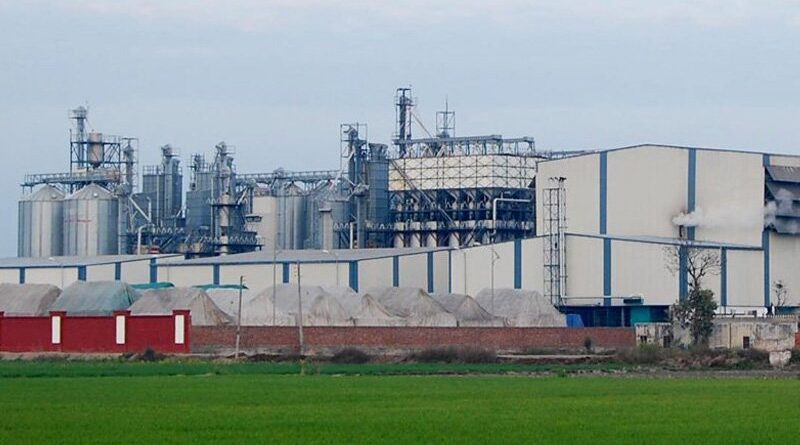IIT team to study paddy yield at 3 Pb mills today
By Vibhor Mohan
A team from IIT-Kharagpur will visit three rice mills in Punjab on Wednesday to study out-turn ratio (OTR) of PR-126 and hybrid paddy varieties. Punjab rice millers have claimed that these paddy varities have low post-milling yield.
The Centre has tasked a panel of experts to conduct tests in rice-procuring states of the country. Sources said the team will visit millers in Khanna, Jagraon and Chawapail. Spread over 51 acres, Khanna mandi is known as Asia’s largest, and several tonnes of grains are exchanged and exported from Khanna. Mills will be required to mill 20-30 metric tonnes of paddy in the presence of the team, said sources.

Millers have been insisting that instead of laboratory tests by IIT-Kharagpur, central teams should do field trials to establish the post-milling yield of PR-126 and hybrid varieties.Punjab Rice Industry Association president Bharat Bhushan Binta welcomed the Centre’s move. “We had taken up the matter with Union minister for food and civil supplies Pralhad Joshi in the presence of Punjab BJP leader Tarun Chugh on Oct 23,” he said. On Monday, Centre had formed a committee of IIT experts to review PR-126 after receiving complaints from Punjab’s rice millers.
The millers claimed that PR-126 came with an intrinsic defect of broken grains, resulting in lesser rice yield of about 5 kg a quintal. Being a short-duration variety, PR-126 matures in just 125 days and requires less water, making it suitable for water-scarce areas in Punjab. The produce is often ready in as little as 110 days, resulting in a rice production ratio of only 62-64 kg, they claim. So, millers in the state were reluctant initially to participate in paddy procurement, which had affected lifting.PR-126 was launched in 2016 and farmers switched to it since it scores high on yield potential and per day productivity, per unit time and per unit inputs (waters and pesticides). But before the milling season, millers said the “lower than specified” out-turn ratio of PR-126 would force them to buy rice from the open market.
This article has been republished from The Times of India

